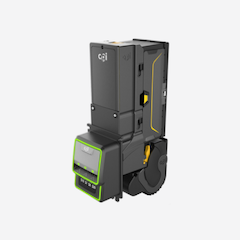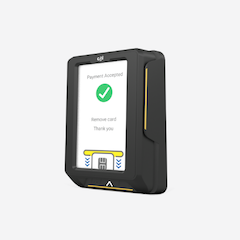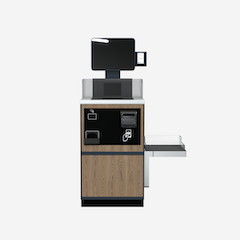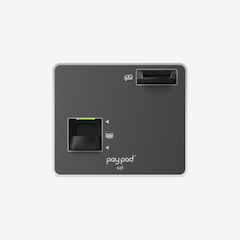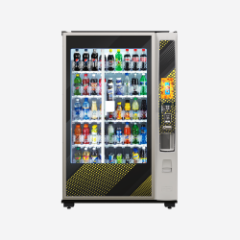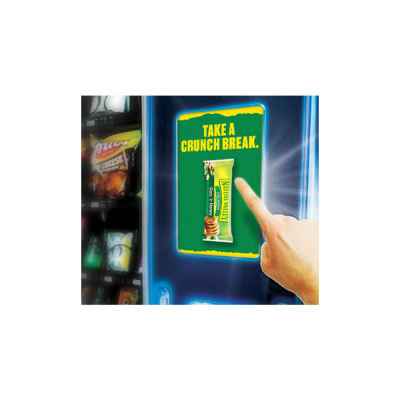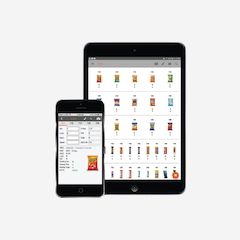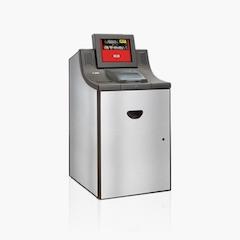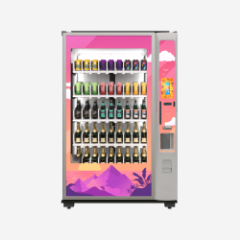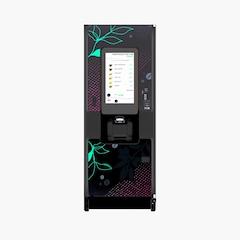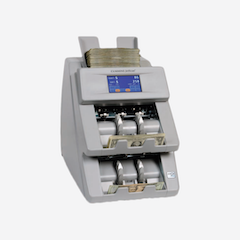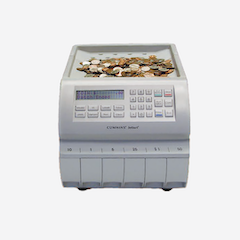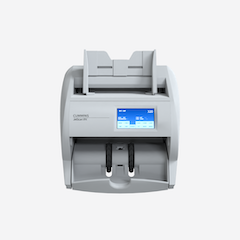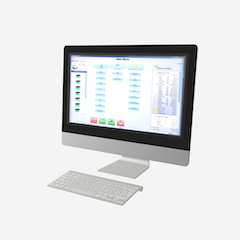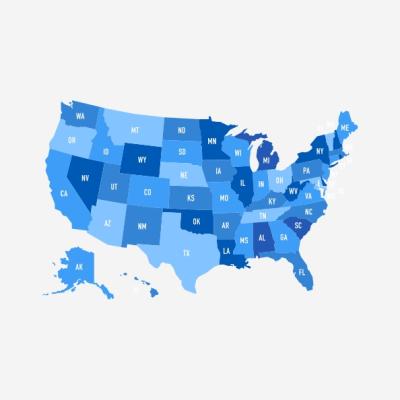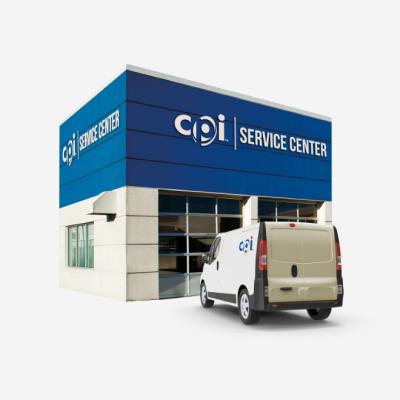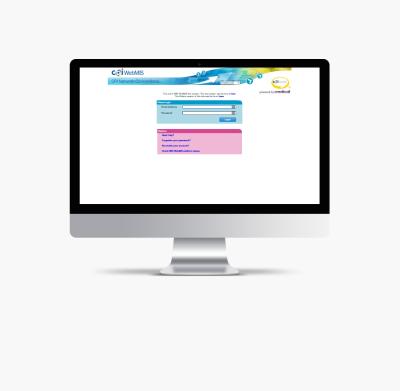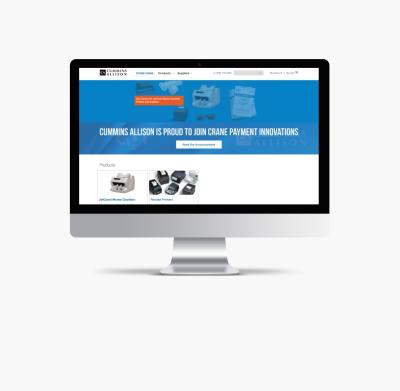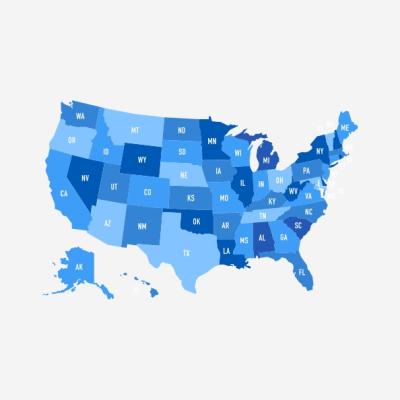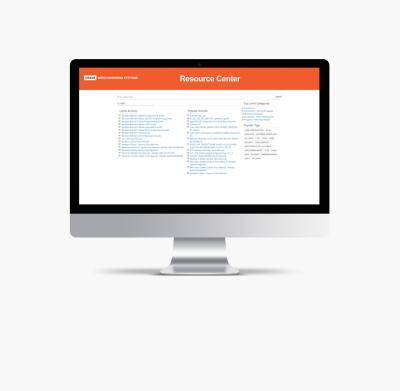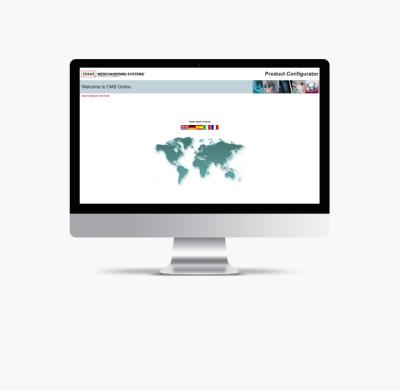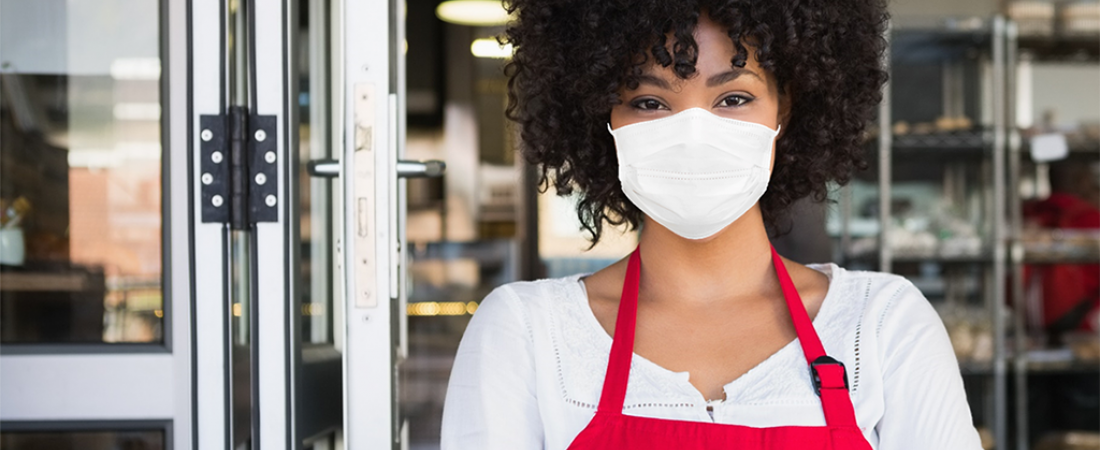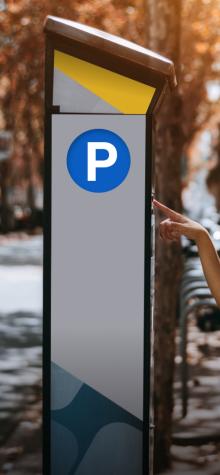Doing the Right Thing: How Retail is Giving Back During the Coronavirus Pandemic
The past couple of months have been anything but business as usual. Stores were quickly shuttered and consumer purchases instantly interrupted, as people around the world sheltered in place. While markets have reacted accordingly, things have not stopped moving. This is especially true for retailers. Even though an uncertain future remains, many retailers have stepped up to the challenge of not only surviving the crisis—but lending their time, products and resources to do what’s right.
Whether their doors remain open or closed, these retailers are finding ways, large and small, to protect their communities, give back to those who need it most, and to do their part in the fight against the coronavirus. At CPI, we are proud of our customers, and extend our heartfelt thanks to retailers worldwide who are making a difference.
Here are just a few of the ways that retailers are doing their part:
1. Donating medical supplies to protect those on the front lines
From the earliest days of the crisis, medical professionals warned of a shortage of the vital supplies they would need to fight the oncoming COVID-19 pandemic. In the face of worldwide delays, retailers cleared their shelves to donate much-needed essentials to medical providers across the country. Harbor Freight donated its entire supply of PPE (personal protective equipment), including 44 million nitrile gloves and hundreds of thousands of face masks, to emergency rooms in their local communities. Home Depot and Lowes stopped selling N95 masks—during a time when customer demand for the products was high—and redirected the much-needed masks to hospitals. The list of other retailers to donate supplies is vast, ranging from international chains like Target to local tattoo shops in communities across the country.
Other brands, with their brick and mortar locations shuttered by the crisis, have turned their own talents and capabilities to tackling the PPE shortage. Clothing stores like Gap, H&M and Eddie Bauer have shifted their manufacturing and supply chain operations from sewing shirts, jeans and outerwear to making masks and gowns for medical workers on the front lines of the crisis.
Of course, PPE isn’t the only medical essential needed during this time. With hospitals in need of blood, Tanger Outlets has offered up all its shopping centers as destination¬s for American Red Cross blood drives, as well as offering up its parking lots as staging areas for local health and emergency departments.
As needs continue to shift and evolve, retailers are showing their flexibility, creativity and compassion in meeting those needs—even if it means sacrificing guaranteed sales or shifting their entire operation to make a brand new product.
CVS’s goal is to process more than 1.5 million tests monthly
2. Providing free COVID-19 testing for their communities
One of the most important steps necessary to re-opening the economy is increasing COVID-19 testing—and retailers are helping fill the gap. Pharmacies are stepping up as test sites, with CVS and Walgreens offering free drive-through testing at their locations across the country. CVS’s goal is to process more than 1.5 million tests monthly, while Walgreens hopes to eventually test more than 50,000 people a week once their operation is at full capacity.
It’s not just pharmacies, however. Grocery chain Kroger is offering free testing in Kentucky, Michigan, Ohio, and Tennessee, providing everything from the medical staff and required PPE to the sign-up portal. The chain has plans to expand testing to an additional eight states, and is already testing hundreds of people every day.
With medical experts agreeing that testing at a massive scale is required to help the country re-emerge from the coronavirus-induced shutdown, offering such a vital service is one of the most important things these retailers can do to help both their communities and their local economies.
3. Designating time for the most vulnerable to shop safely
Generally, retail businesses that have remained open during the pandemic are the ones selling essentials—supermarkets, pharmacies, and general retailers offering the things we all need in order to stay home safely. Those essentials are things that those most at risk can’t do without. That’s why dozens of national and international brands have altered their hours to allow time for vulnerable individuals—the elderly, the immunocompromised, and those with underlying health conditions—to shop safely, in a freshly-cleaned store with fewer total shoppers around.
Most often, these designated times are early in the day. Among many others, Target has reserved the first hour of shopping each Wednesday, Costco has designated the 8 - 9 a.m. hour every Tuesday through Thursday, Publix has set aside 7 - 8 a.m. every Tuesday and Wednesday, and the list continues. By taking extra steps to protect their most vulnerable shoppers, these businesses are showing what it means to be a good corporate citizen in a time of unparalleled crisis.
4. Providing food and essentials to those who need it most
With millions across the country currently unemployed, many individuals and families are at risk of going hungry. Grocery stores and other restaurants are stepping in to help by providing food and essentials, directly and through local and national organizations.
In addition to donating $2 million to Feeding America, Publix has committed to purchasing excess food supplies from local growers and farmers and donating it to Feeding America as well, simultaneously supporting local farmers and communities. Boise, Idaho-based Albertsons Companies has pledged more than $50 million in cash donations to its “Nourishing Neighbors Community Relief” effort, which works with local hunger relief programs like food banks. And the Dunkin’ Joy in Childhood Foundation—a project of Dunkin’, formerly Dunkin’ Donuts—has announced that it is activating $1.25 million in emergency funding to support health and hunger relief organizations.
Additionally, in communities across the country, local restaurants are banding together with food banks and nonprofits to feed the hungry in their own hometowns. All these efforts, large and small, are ensuring that, together, communities are staying fed and taking care of their most at-risk populations while we weather this crisis.
5. Supporting essential staff.
In stores that have remained open—those providing essential supplies and services to their communities—the health and well-being of employees has become more critical than ever. Many businesses are taking additional steps to support and protect their staff, recognizing their hard work and minimizing their risks as much as possible.
In addition to providing PPE like masks and gloves, erecting physical barriers at checkouts to protect customers and staff, and shifting schedules and floor plans to allow for more space between workers and customers, some retailers are providing their employees with additional pay. Lowe’s, Amazon, and Albertsons all announced raises for hourly employees working during the crisis. Walmart announced it would provide more than $365 million in cash bonuses to its employees.
That employee support doesn’t always just mean raises and bonuses, however. In addition to providing its employees an hourly raise, Starbucks has committed to paying all its employees for 30 days, regardless of if they’re able to come to work. The coffee giant is also offering increased mental health coverage and sick pay benefits, expanded coverage for childcare, and catastrophe pay for its workers, supporting them in ways that go beyond the financial.
Conclusion
In these unprecedented times, it is heartening to see businesses use their own strengths and niches in the market to step up and meet the needs of their communities and the world at large. From massive donations to supporting their own customers and employees, retailers have shown how they can give back with the expectation of nothing in return. And when we emerge on the other side of this crisis, those same employees, customers, and communities won’t forget the ways these retailers have given back when it was needed most.
Whatever your business’s payment strategy, our experts are here to help you find a solution that works for you. Visit our website to learn more.


